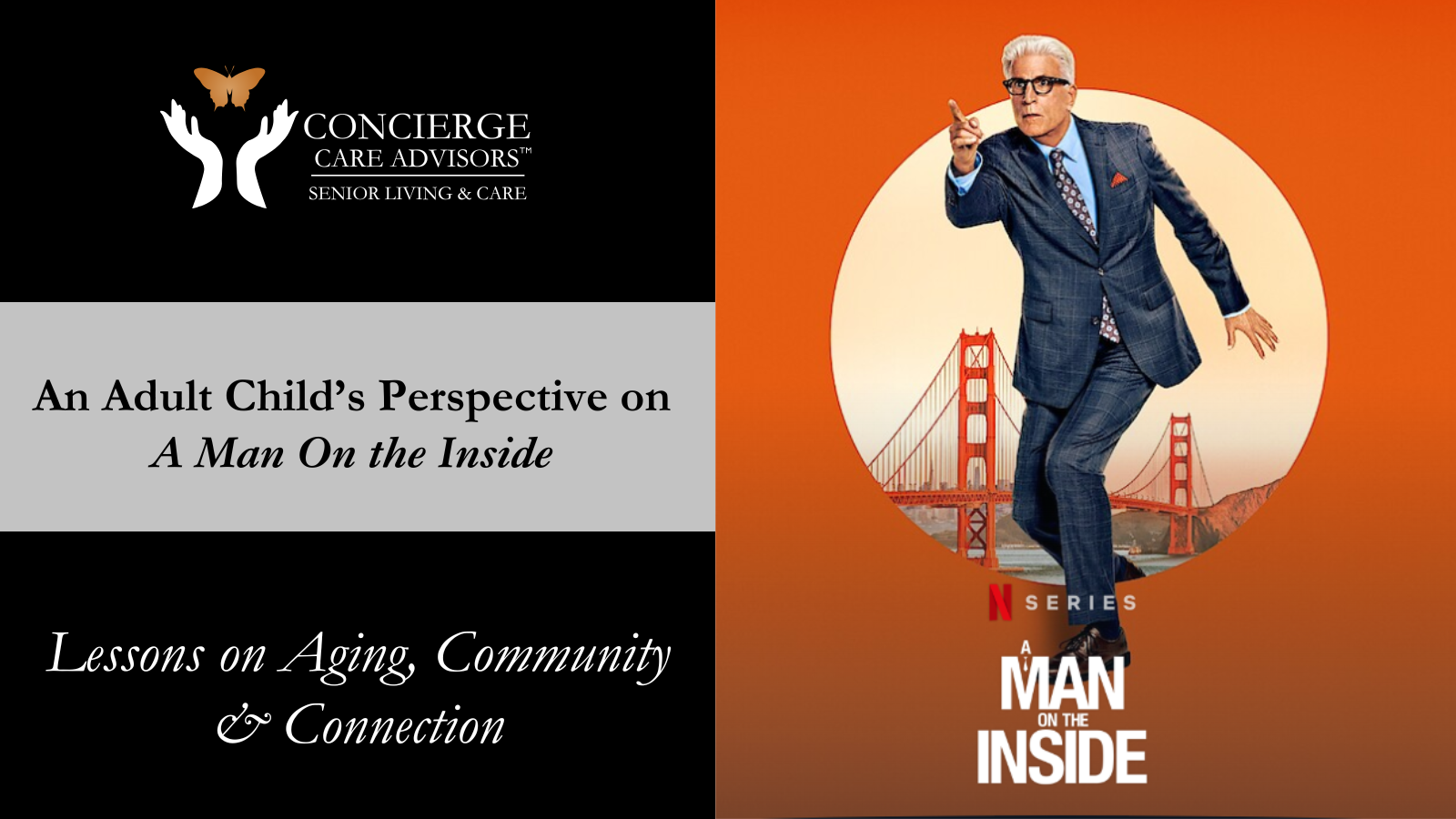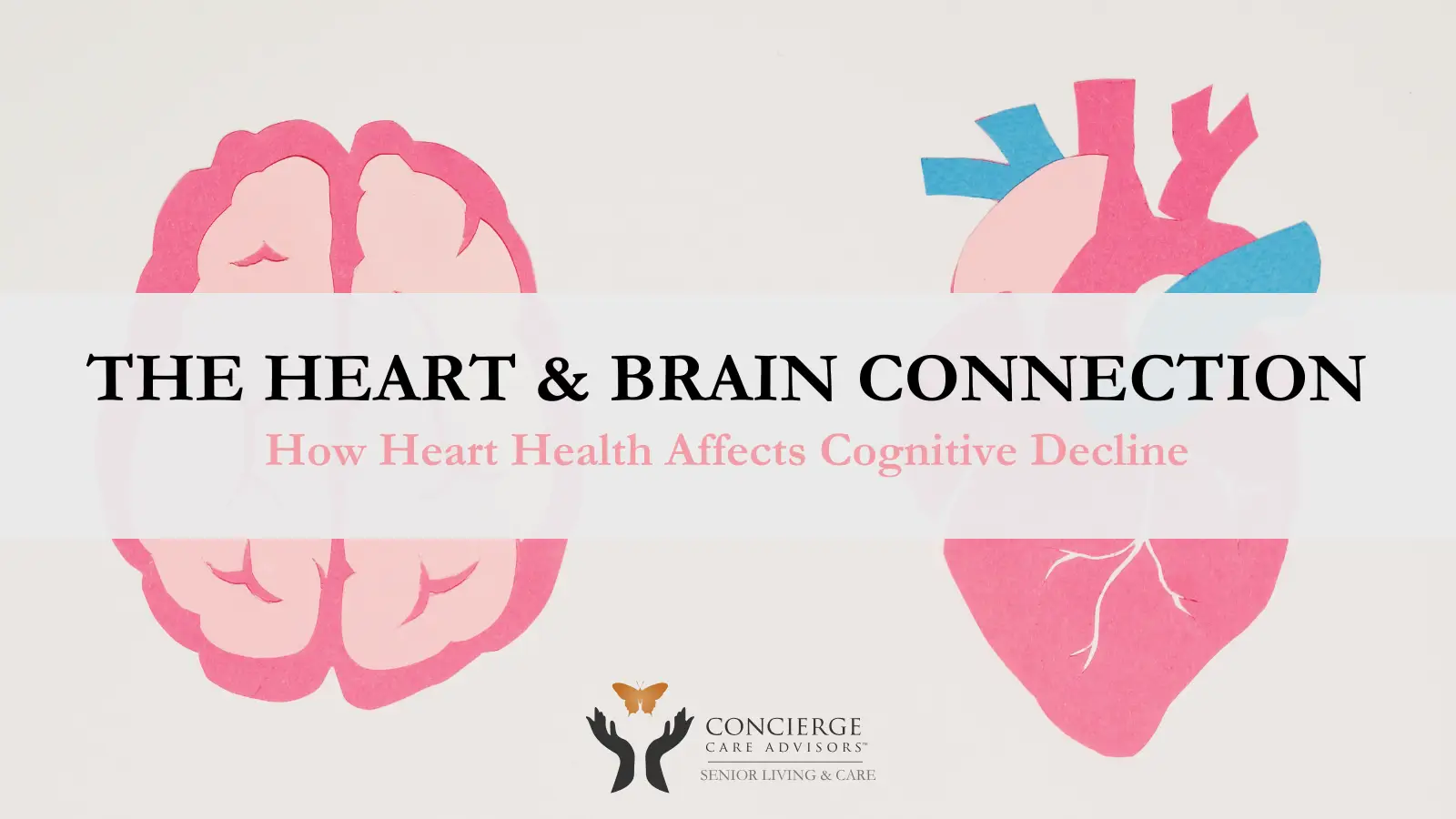How to Choose the Right Support for Your Loved One’s Needs
When adult children start noticing their parents need assistance with daily tasks, it often sparks a common debate: “Does my parent need help or actual care?” It’s an understandable question, especially for families unfamiliar with the nuances of senior services.
If your loved one is still active and mentally sharp but needs assistance with tasks like organizing, cooking, or running errands, home care services might be the perfect solution. On the other hand, if medical support is required, home health care may be the better fit. Understanding the difference between the two is key to finding the right support.
Home Care vs. Home Health Care: What’s the Difference?
Home Care
Home care focuses on helping seniors with everyday tasks to make their lives easier and ensure their safety and comfort. These services are designed for seniors who are generally healthy and independent but need assistance with:
- Medication reminders
- Cooking and meal preparation
- Cleaning and organizing
- Bathing or personal grooming
- Running errands (e.g., grocery shopping, pharmacy visits)
- Companionship
Think of home care providers as personal attendants or household helpers. For families hesitant about hiring outside help, reframing these services as having a personal assistant or “butler” can make the transition feel less intimidating.
Home Health Care
Home health care, on the other hand, is tailored for seniors who require medical attention or therapeutic support. These services provide care that might otherwise be administered in a hospital or rehabilitation center. Home health care includes:
- Skilled nursing care
- Physical therapy and rehabilitation at home
- Wound care, including sutures, fractures, and casts
- Specialized dementia care and reorientation techniques
While home health care tends to be more expensive than home care, it’s often far more affordable than prolonged hospital stays. It’s an excellent option for seniors recovering from an illness, injury, or surgery who want to stay in the comfort of their own homes.
Can You Combine Both Services?
Yes! Many families find that combining home care and home health care provides the perfect balance of support. For example:
- A home health caregiver might develop a physical therapy program for a loved one recovering from a fall.
- A home care specialist can then provide encouragement and assistance to ensure therapy goals are met, while also helping with meal prep, errands, or light housekeeping.
This integrated approach ensures that all aspects of your loved one’s physical, mental, and emotional needs are met.
The Benefits of Home Care Services
If your loved one simply needs help with daily tasks, home care can be an invaluable resource. It allows seniors to maintain their independence while receiving just enough support to thrive. Additionally, hiring a caregiver to visit a few times a week provides peace of mind for adult children, knowing their parent is safe and cared for.
For seniors with dementia or memory loss, remaining in a familiar environment has been shown to reduce confusion and improve overall well-being. Whether your loved one needs assistance, medical care, or both, there are options to fit every situation.
Let Concierge Care Advisors Help You Choose the Right Solution
Finding the right balance of help and care for your loved one doesn’t have to be overwhelming. At Concierge Care Advisors, we specialize in helping families navigate these decisions, ensuring your parent receives the support they need to live safely and comfortably.
Contact us today to learn more about home care, home health care, or how to combine the two for comprehensive support. Start your search now.























